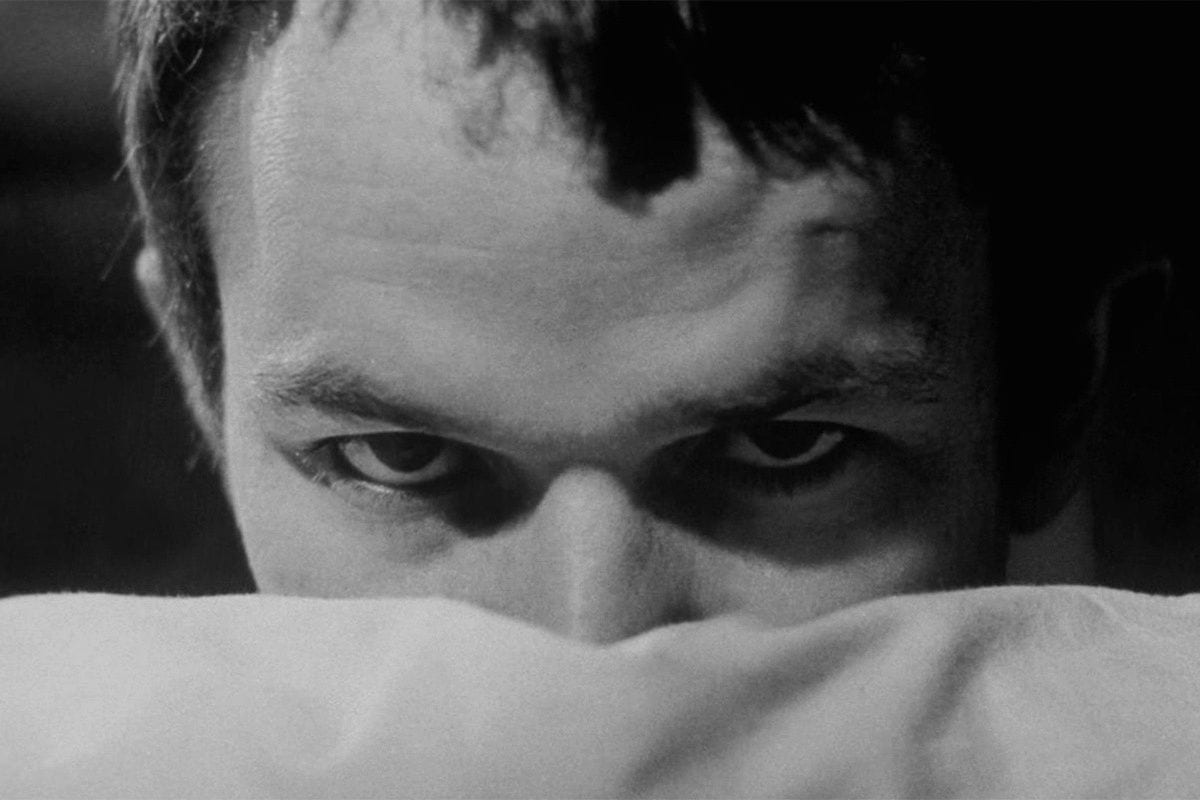
When Real Life Begins: On Fellini’s ‘The White Sheik’
Fellini is the master of blurring the lines between the real and the surreal, demonstrating the overriding imbrication of the familiar and the fantastic. In The White Sheik, currently playing at NYC's Film Forum, he inspires wonder and bemusement.











